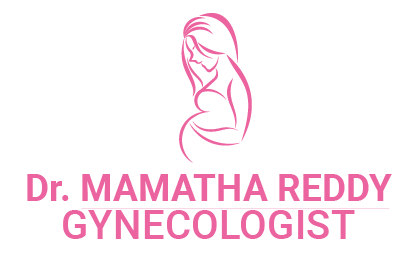HIGH RISK PREGNANCY
Pregnancy is a beautiful and life-changing experience, but for some women, it can be accompanied by a higher risk of complications.
A high-risk pregnancy is a pregnancy that involves increased health risks for the pregnant person, fetus or both. Certain health conditions and your age (being over 35 or under 17 when pregnant) can make a pregnancy high risk. These pregnancies require close monitoring to reduce the chance of complications.
It can be caused by various factors such as age, pre-existing medical conditions, multiple pregnancies, lifestyle habits, or complications during pregnancy. High-risk pregnancies require specialized care and close monitoring to minimize the risks and ensure the best possible outcome.
Factors that may increase the risk of a high-risk pregnancy include:
- Advanced maternal age (35 years or older).
- Pre-existing medical conditions such as high blood pressure, diabetes, heart disease, or kidney disease.
- Previous history of miscarriage, preterm birth, or stillbirth. Multiple pregnancies such as twins, triplets, or more.
- Lifestyle factors such as smoking, alcohol or drug use, or poor nutrition.
- Complications during pregnancy such as gestational diabetes, preeclampsia, or placenta previa.
Why is a High Risk Pregnancy Concerning?
A high-risk pregnancy can pose serious health risks to the mother and baby, including premature birth, low birth weight, birth defects, stillbirth, and maternal complications such as preeclampsia, gestational diabetes, or preterm labor. It requires specialized care and close monitoring by healthcare providers to minimize the risks and ensure the best possible outcome.
How to Manage a High Risk Pregnancy?
If you have been diagnosed with a high-risk pregnancy, it’s important to work closely with your healthcare provider to manage the risks and ensure a healthy outcome. Some of the steps that may be recommended include:
Regular prenatal care: Regular visits to your healthcare provider can help monitor your health and the baby’s growth and detect any potential problems early.
Lifestyle modifications: Avoiding smoking, alcohol, and drugs, and following a healthy diet and exercise regimen can help minimize the risks and ensure a healthy outcome.
Medications: Some medications may be prescribed to manage pre-existing medical conditions or complications during pregnancy.
Bed rest: In some cases, bed rest may be recommended to manage the risks and prevent premature labor.
Close monitoring: High-risk pregnancies require close monitoring by healthcare providers to detect any potential problems early and manage them effectively. Therefore it is important to work closely with a healthcare provider and follow their recommendations to ensure the best possible outcome for the mother and baby.
